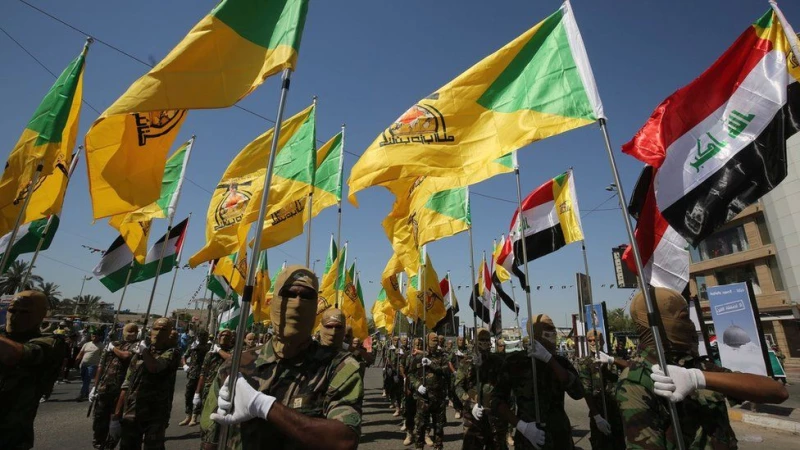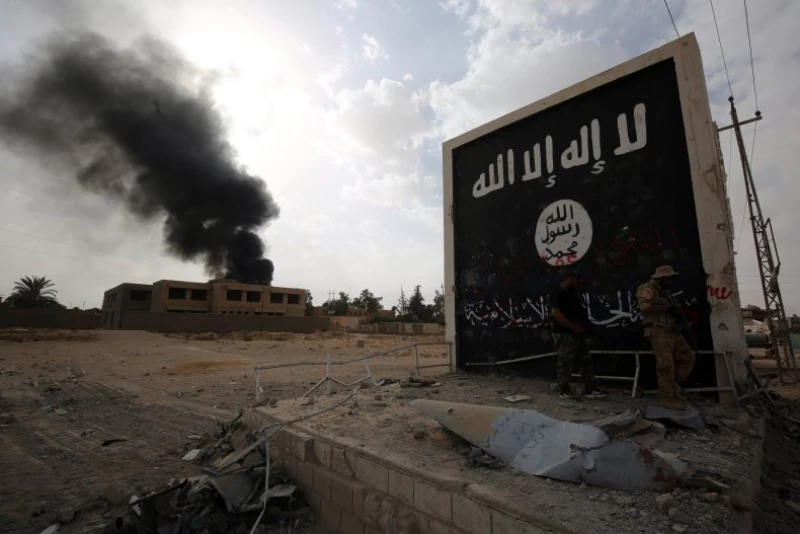ERBIL, Kurdistan Region of Iraq – Syrian Energy Minister Mohammed al-Bashir on Friday announced that he will visit Iraq next week to discuss a potential rehabilitation and revival of the Kirkuk-Baniyas oil pipeline.
In an interview with Syria’s state-owned Alikhbaria, Bashir said that the pipeline could be of great use, and its reopening would benefit both Iraq and Syria.
“I have an upcoming visit to Iraq next week to hold discussions on rehabilitating this pipeline which was heavily damaged during the Iraq war and the Syrian revolutionary years,” said the energy minister.
“We will discuss its potential rehabilitation so we can ship oil to Syria, whether that is to our refineries in Homs and Baniyas or through direct export through the Mediterranean Sea,” he added.
The fall of the Bashar al-Assad regime in Syria has restarted the discourse over a potential revival of the Kirkuk-Baniyas oil pipeline.
In December, Iraqi government spokesperson Bassem al-Awadi unveiled a roadmap consisting of 11 tracks for Iraq’s engagement with post-Assad Syria, highlighting “ambitious Iraqi investment plans between Damascus and Baghdad.”
Awadi said Iraq is considering reviving the Kirkuk-Baniyas oil export pipeline as part of its effort to find new outlets to ship oil abroad. Baniyas would provide Iraq with its first Mediterranean outlet.
The pipeline was nationalized by Syria in 1972 following Iraq’s oil nationalization that same year. The Syrian regime stopped the flow of Iraqi oil through the Tapline in 1982 due to disputes between the two countries during the Iran-Iraq war.
Estimates suggest that restoring the pipeline would cost more than $8 billion, a senior source in the Iraqi oil ministry told The New Region in April. The pipeline’s export capacity would be around 700,000 barrels per day.


 Facebook
Facebook
 LinkedIn
LinkedIn
 Telegram
Telegram
 X
X



